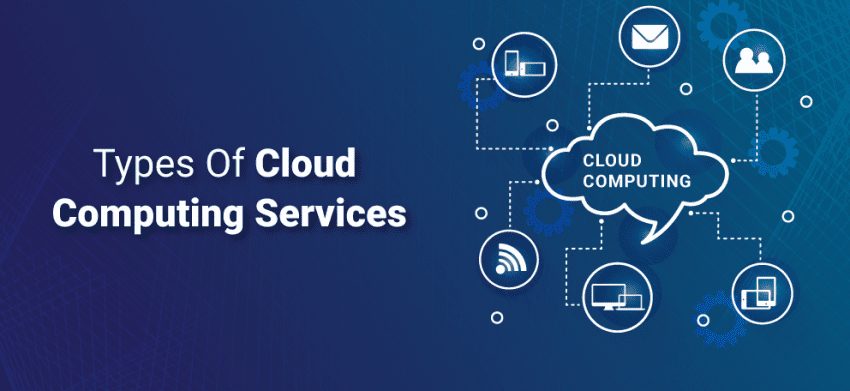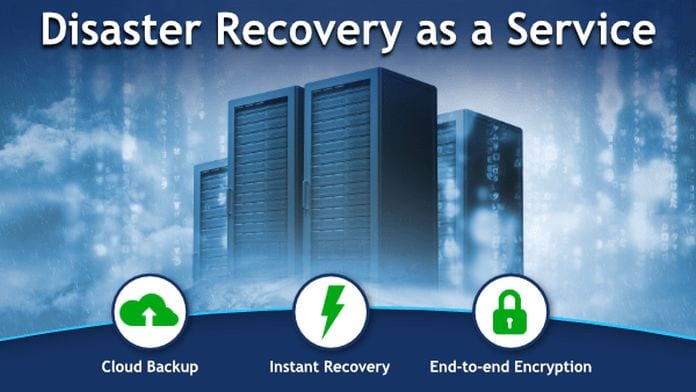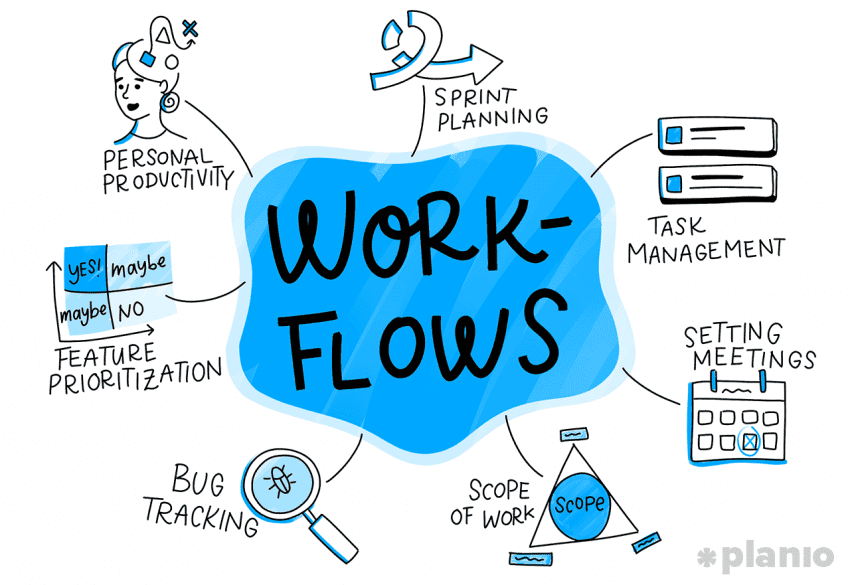With the rapid expansion of cloud services in the last decade, many small business owners are confused if they should hop on the bandwagon. To make matters worse, the global cloud industry – which was worth $182.4 billion in 2018 – is projected to be worth $331.2 billion by 2024, an enormous growth in just four years that may be difficult for businesses to keep up with.
Cloud computing can bring many benefits to the world – especially to small businesses and startups – that will find extra capabilities are available to them at a much lower cost than when using traditional methods. In addition to learning and keeping updated on cloud services, enterprises will also need an IT company like Mustard IT that knows how to provide outstanding support for SMEs and can advise on the best available solutions.
Types of cloud service

Though the types of cloud services offered have proliferated into an array of different types, the three main types of service are Infrastructure-as-a-Service (IaaS), Platform-as-a-Service (PaaS) and Software-as-a-Service (SaaS).
SaaS is a software service available online to anyone as a pay-as-you-go model and the vendor manages all servers, applications, databases, storage, networking, virtualization, security and run times. Dropbox or Office 365 are examples of SaaS applications. You can check this company for more information.
PaaS is for the user to build and deploy software applications while the provider is paid to manage the servers, storage, databases, security, run times, virtualization and network infrastructure. Heroku and Google Apps are PaaS providers.
With IaaS, organizations are able to develop entire applications themselves, with the servers, storage, hardware and networking provided by the vendor. Examples of IaaS providers are Amazon Web Services or Digital Ocean.
Storage

The idea of storing our documents remotely is one that appeals to most of us, a service that can remove the need to keep physical documents and files somewhere safe, allowing users immediate access that is quick and convenient. Cloud storage is a standard service for most businesses and free services usually offer up to 5GB, while paid services can offer up to 20TB in cloud space. Popular vendors for SMEs include Microsoft OneDrive, SpiderOak or Tresorit.
Backup

With a vast amount of valuable data stored remotely, backups should be regularly carried out to prepare for data loss through a cyber attack or human error. This service can be handled by cloud-based backup software (BaaS) that will run regular backups to a recommended frequency, which is usually at least once a week. Backup software services include Carbonite, Acronis or Backblaze.
Cyber security
Unfortunately, storing data remotely isn’t so simple. For most businesses, storing a large amount of sensitive data in cyberspace is vulnerable to attack, and 43% of cyber attacks are on small businesses. Cybersecurity can be addressed with firewalls, virus protection and authentication – but an all-encompassing, holistic plan should also be developed with the help of an IT consultant.
Disaster recovery

Disaster Recovery-as-a-Service (DRaaS) is particularly popular for SMEs that don’t have the means – or the budget – to maintain an off-site disaster recovery environment. DRaaS means applications can be returned to production following a disaster in a shorter period of time because data doesn’t need to be restored online.
Marketing
Much of marketing can now be automated by a cloud-based service that uses various technologies to render the marketing department more streamlined and efficient. Marketing platforms can look at customer data and optimize marketing strategies, connecting with customers through various channels. Popular platforms include Salesforce, Adobe Marketing Cloud, Hubspot, and IBM Interactive Marketing Solution.
Workflow

Cloud-based workflow software services can use automation to reduce process time and improve operations. Workflow tasks can be taken care of unattended while review and approval tasks, such as time-off requests, can be handled by managers from mobile devices. Cloud workflow solutions include FileHold, ProcessPlan, and ProjectManager.com.
Accounting
Cloud accounting is a SaaS service that enables users to manage all finances online, with access to customer, employee or vendor information. This can be for such tasks as billing and invoicing, expense tracking, bank reconciliation, fixed asset management, and payroll management. Quickbooks is a leading accounting software solution, as are Netsuite and Sage Business Cloud Accounting.

Managed IaaS
For SMEs looking to develop web applications but don’t have the time or resources to do it alone, the infrastructure can be provided by a vendor. This means the servers and configurations are already taken care of and a managed cloud hosting is ready to be customized. Monitoring, security, and support is also offered by the provider. Examples of managed IaaS services include Cloudways and IBM Cloud Managed Services.
Cloud services already comprise an enormous industry and set to grow in the near future. This means enterprises of all sizes can not only benefit from the wide range of capabilities provided, but they can also expect for many more to be developed in the new decade. SMEs, in particular, have much to gain from cloud services that are available to all and at an affordable price. All businesses could be well advised to develop their use and proficiency with the cloud, as it is a burgeoning industry that shows no signs of abating. For once, it may be good for business to have your head in the clouds.









